Over on her blog What Canst Thou Say?, Robin M explains what she wants her children to learn in First Day School (which is Quakerspeak for Sunday school). While the post raises many important issues, the line that jumped out to me was this: “I want them to learn how to be a Quaker.” Given some things that happened this weekend, I’m wondering just what an education in “how to be a Quaker” might entail and if it’s really what I want for my children.
First, I thought of my thirtieth Friends’ Central reunion this weekend, where I talked with another one of my classmates who became a Quaker as a result of attending a Quaker school. (Given that many people think of FCS as just an elite Main Line prep school, it’s interesting to me how many members of my class have maintained some connection to Quakerism.) This particular F/friend told me how he had been attending meeting for worship since his freshman year of college, but had never fully felt at home in the Religious Society of Friends, partly because he is an engineer, and that didn’t seem to fit some model of how to be a Quaker. This man has been nourished by Quaker worship and has striven to live his values in his daily life, including refusing to accept military money in a research field where that is extremely unusual, yet he felt he didn’t quite fit in.
This conversation reminded me of an essay read Thursday night at the Pendle Hill launch party for Spirit Rising: Young Quaker Voices, the new book published by Friends General Conference which includes writing and art from young Quakers from across the theological spectrum. A young African American man read of his yearning to welcome brothers from North Philadelphia into Quaker worship, and I found myself thinking of what a wonderful thing that would be and wondering how our present meetings would need to stretch our stereotypes of ourselves to make it possible. The book itself, which I haven’t read yet, seems to be aimed at stretching us, and I think that’s good.
I was still lamenting how narrowly we define ourselves Sunday morning during a meeting for worship where the sometimes dueling messages revealed the range of beliefs in our community and tensions we often experience because of them. (I initially posted this with references to specific messages, but I’ve had a persistent doubt about whether that is really “rightly ordered,” so I’ve edited those references out.) I had been missing my mother than morning and left meeting feeling drained, rather than refreshed.
Have I mentioned lately that I love my meeting? I love that we were the first united meeting in Philadelphia Yearly Meeting—meaning that when Quakers had a big fight (partly) about theology, we were part of the healing of the divide, a history that I think we still feel in the air. Today you can come to our meeting and hear messages across a pretty wide theological spread. I also love that our meeting includes artists and scientists, lawyers and full-time peace activists, and a cartoonist, among other many other things. We certainly could be more diverse in terms of class and race, but our life experiences are more diverse than they appear on the surface. Of course, our differences are part of the struggles we are currently having over how to spend our money, which leads me back to wondering how we would go about teaching “how to be a Quaker” in a way that embraces the full range of possibilities without falling into meaningless drivel.
None of this is meant to negate Robin’s very valid quest to have her children learn something meaningful in First Day School. Perhaps my situation is complicated by the fact that my husband is Roman Catholic, and my children are growing up attending both meeting and church, but when I asked myself what I wanted my children to learn in their religious education, the answer that came was the line from Micha:
“And what does the Lord require of you but to do justice, to love kindness, and to walk humbly with your God?”
Would that be a fair definition of what it means to be a Quaker?

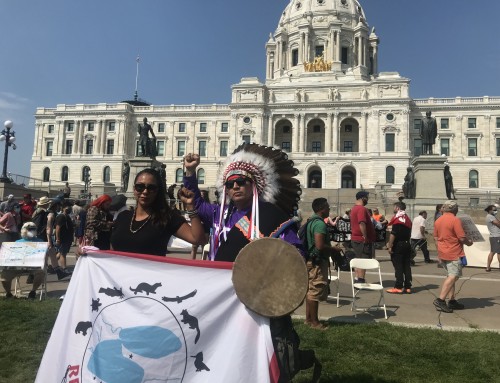
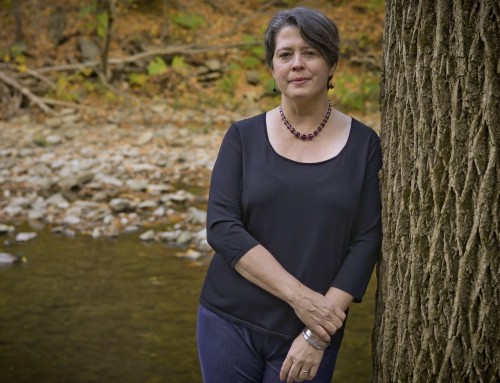
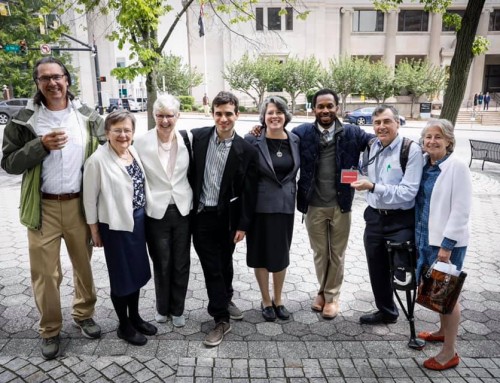
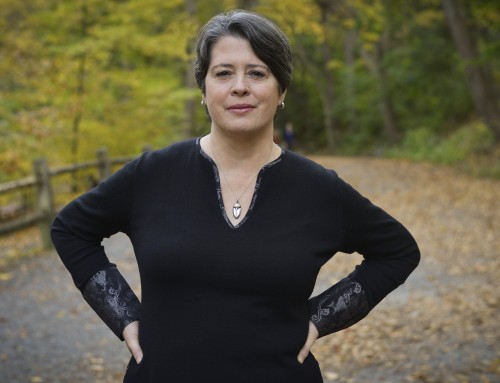

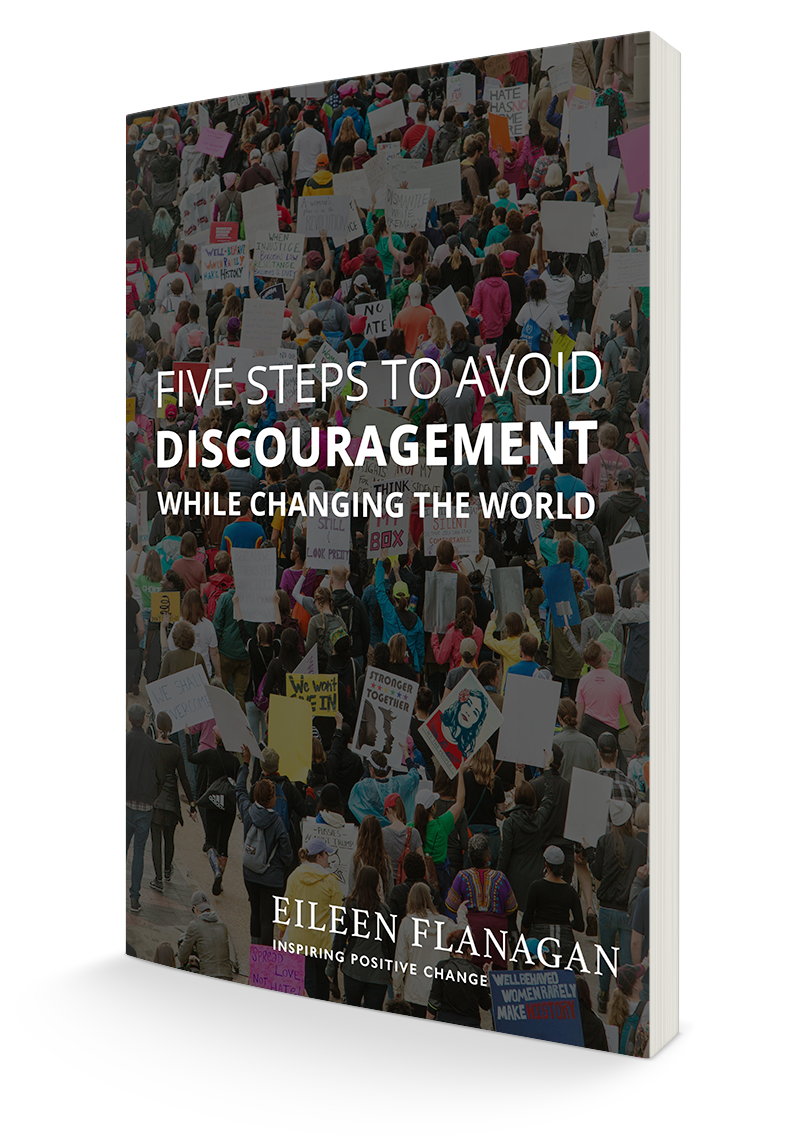
Thanks for this post, and your definition and question at the end.
For me, that definition addresses only one aspect of Quakerism–action.
It’s missing one of things about Quakerism I find most powerful, and that’s the Light that shows me how I am not in alignment with God’s will and the compassion and forgiveness that comes with that Light.
Your definition also focuses on the individual and for me Quakerism is all about the corporate experience of waiting, of revelation, of giving over our single selves to the group’s experience of God.
And it’s missing the practice of how we "do justice, to love kindness, and to walk humbly with your God." I can do all of those things in any number of faith traditions. What I can’t find in other traditions is the way in which we do those things: we start in corporate waiting worship.
Thanks, Jeanne. I totally agree that being guided by the Light is a powerful aspect. I guess I rolled that under walking with God. And you’re right that the Micah quote doesn’t include at all the corporate part of Quaker practice. My point wasn’t that the quote should sum up what’s distinctive about Quakerism, which it obviously doesn’t, but that too often we imagine being Quaker as including all these other things, like being a Democrat or wearing flat shoes, that really don’t have anything to do with faith and which keep out people whom God might be calling to worship among us.
As *always* Iove the stretching of my own Quakerism that your blog allows.
Quakerism, for me, is an internal resonance… something that I have come to know is the Light. Being Quaker is developing a relationship with this "knowing" that is within. It is a hard thing to "learn" because "learning" as a word might imply a cognitive act of accumulating knowledge…. that is in the head… resonance is in the heart, for me. The learning is an *experiential learning* resulting from being in community… listening, holding a "container" for what is heard, sharing, maintaining openness to what is reflected back. When one "learns" in Quaker community, there is an internal shift of perspective. Thus, difficult to define in a teaching plan. When something is Spirit led, there is an internal resonance. Quakerism, is modeled… "Let our Life speak". Our "Life speaks"… justice, peace, loving kindness, humbleness, simplicity… it looks like action but it is the Inner Light… "Being"… brought out into the world… or being brought out into community. It is the inside and the outside matching… the undivided life. For me, I need Community to *practice* this. Community of silence. Community to support me. Community to show me. Community to reflect back to me. Community to love me. Community where I can serve. Community where I can love. Community where I can worship. Community …. the "corporate experience".
*Humble* musings from a *newly* convinced Quaker 🙂